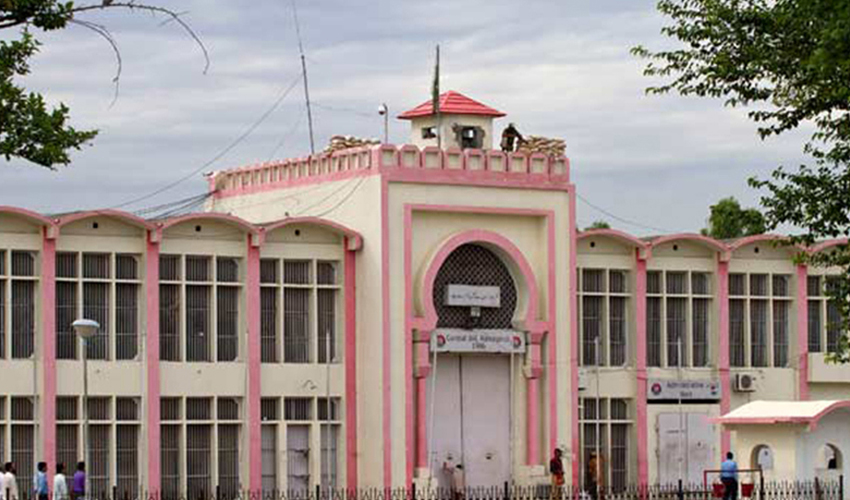Naveed Akhtar Cheema
Political consensus is the agreement among different actors or groups on political issues or policies. It is often considered a desirable goal for a functional democracy, as it implies that the democratic process leads to acceptable and beneficial outcomes for most or all participants. However, achieving political consensus is only sometimes easy or possible, especially in a federal form of governance, where the power is divided between a central authority and various constituent units. Accordingly, federalism is critical for the state, and then democracy is critical for a federal form of governance. Furthermore, political consensus on certain issues is a vital requirement for a functional system of governance. Therefore, a federation like Pakistan requires at least a political consensus on democracy, the rule of law and transparent elections.
A federal form of governance has some advantages and disadvantages for political consensus. On the one hand, it can foster political consensus by allowing different regions or groups to have autonomy and representation in the national government, thus reducing the potential for conflict and resentment. A federal system can also accommodate diversity and pluralism, as different policies can be tailored to the specific needs and preferences of different regions or groups. A federal system can also facilitate cooperation and coordination among different levels of government, as they share common interests and responsibilities.
On the other hand, a federal form of governance can also hinder political consensus by creating multiple veto points and sources of fragmentation in the decision-making process. A federal system can make achieving national unity and coherence harder, as different regions or groups may have divergent or conflicting interests and values. A federal system can also increase the complexity and cost of governance, as it requires more institutions and mechanisms to manage the relations between different levels of government. A federal system can also generate instability and uncertainty, as it creates opportunities for secession or rebellion by dissatisfied regions or groups. Then, it is more critical in democracies which hybrid and do not represent the will of the people. There is a disturbance in the equilibrium of the democratic power. There are also undemocratic forces which manipulate the political system through coercion and force. Hence, it becomes more critical that political parties should develop consensus on certain points.
Therefore, political consensus is essential for a functional democracy, but it is not a given or guaranteed outcome in a federal form of governance. It requires constant negotiation and compromise among different actors or groups, as well as respect and tolerance for diversity and pluralism. It also requires effective and accountable institutions and mechanisms to ensure that the federal system works in a fair and efficient manner. Political consensus is not only a matter of institutional design but also of political culture and behaviour.
Please, subscribe to the monthly magazines of republicpolicy.com
Political consensus is essential for democracy in Pakistan for several reasons. First, it can foster national unity and coherence, which are necessary for the stability and security of the country. Pakistan has faced many challenges and threats from internal and external sources, such as terrorism, separatism, extremism, and regional rivalries. Political consensus can help overcome these challenges and threats by creating a common vision and a shared identity for the nation. Political consensus can also reduce the potential for conflict and violence among different groups or regions, which can undermine the democratic system and the rule of law.
Second, political consensus can facilitate good governance and development, which are crucial for the welfare and prosperity of the people. Pakistan has suffered from poor governance and underdevelopment for decades due to factors such as corruption, nepotism, patronage, mismanagement, and inefficiency. Political consensus can help improve governance and development by enabling cooperation and coordination among different levels of government, as well as between the government and civil society. Political consensus can also promote accountability and transparency in the use of public resources, as well as participation and representation in the decision-making process. Political consensus can also encourage innovation and reform in various sectors, such as education, health, energy, and infrastructure.
Third, political consensus can enhance the legitimacy and credibility of the democratic system, which are vital for its survival and growth. Pakistan’s democracy has been interrupted and weakened by several military coups and authoritarian regimes in its history. The current democracy is still fragile and vulnerable to various challenges and pressures from different actors or groups. Political consensus can help strengthen democracy by increasing the trust and confidence of the people in the system and its institutions. Political consensus can also help prevent or resolve political crises or deadlocks that may arise from electoral disputes, constitutional amendments, or policy disagreements. Political consensus can also help foster a culture of tolerance and respect for diversity and pluralism among different groups or regions.
Fourth, the democratic consensus in Pakistan is critical to managing the authoritarian power balances. One possible way to achieve democratic consensus among political parties in Pakistan is to strengthen the role of political parties in the federal and provincial legislatures, as well as in the local governance structures. This would require political parties to develop clear ideologies, policies, and programs that reflect the needs and aspirations of the diverse segments of society and to communicate them effectively to the voters. Political parties would also need to enhance their internal democracy, accountability, and transparency and to recruit and train competent and committed leaders who can uphold democratic values and norms. By doing so, political parties can increase their representation, integration, and responsiveness functions and challenge the dominance of the bureaucracy, judiciary, and military in the political system.
Therefore, political consensus is important for democracy in Pakistan, but it is not a given or guaranteed outcome. It requires constant negotiation and compromise among different actors or groups, as well as respect and tolerance for diversity and pluralism. It also requires effective and accountable institutions and mechanisms to ensure that the democratic system works fairly and efficiently. Political consensus is not only a matter of institutional design but also of political culture and behaviour.
Please, subscribe to the YouTube channel of republicpolicy.com
















